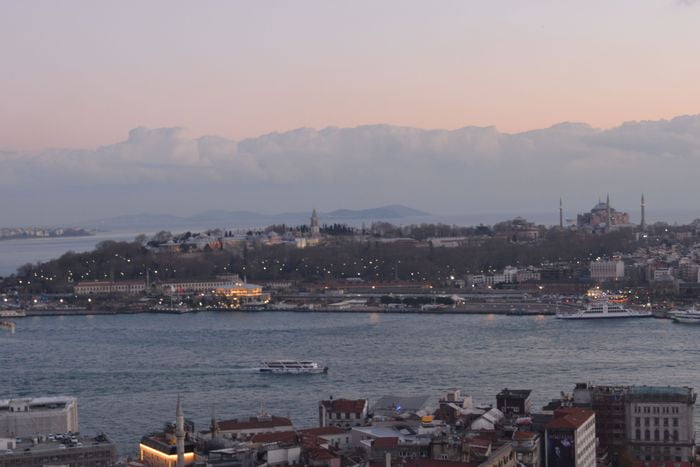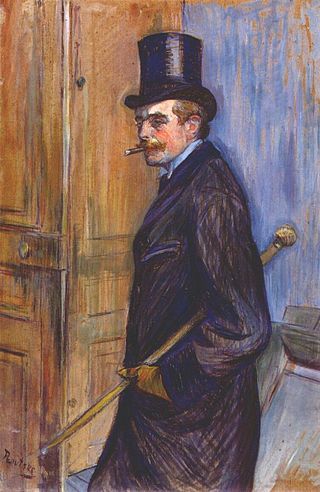105. The protospatharius Pardus owed his appointment as successor to Maniaces not to any outstanding ability but to the fact that he was known to the emperor.
106. Stephanus (cf. note 83). The batde took place near Ostrovo. The imperial troops were routed and Maniaces’ men, flushed with their triumph, saluted him as emperor on the field of battle It was at this moment that he fell mortally wounded (Cedrenus, 757B, p. 549). The date was 1043.
107. It had already been displayed in the Hippodrome (ch. 86).
108. St. Saviour of Chalce was founded by Romanus I Lecapenus and enlarged by John I Tzimisces.
109. June 1043.
Scythian nobleman in a brawl at Constantinople
110. The Russians had long been friendly with the Byzantine emperors (cf. Cedrenus, 758, p. 551). Trade between them was cultivated and merchants travelled freely. The immediate cause of the war was said to be the death of some Scythian nobleman in a brawl at Constantinople. Vladimir, son of the ruler of Kiev, collected a force of some 100,000 men and despite the efforts of Constantine to avert war refused to accent compensation for this outrage.
111. The sum mentioned by Cedrenus (759B, p. 552) is three pounds of gold for each sailor.
112. Many ships had been lost in a great fire three years before.
113. The secretweapon of the Byzantine emperors. It is said to have been invented by a Syrian engineer, one Callinicus, in the seventh century. The ‘liquid fire’ was thrown on to the ships of their enemies and as it was reputed to be inextinguishable caused panic and dread. The secret formula was handed down from emperor to emperor, jealously preserved for seven centuries.
114. There were no less than some 15,000 enemy corpses washed up on the shores of the Bosphorus (Cedrenus, 758D, p. 553). The commander of the Roman fleet was Basil Theodorocanus. After this battle the Russians retreated by land up the west coast of the Black Sea, harassed constantly by the victors (and not invariably with success).
115. Leo Tornicius, a patrician, traced his descent from Armenian kings and had in fact been governor of Iberia. While there he was accused of revolutionary intentions and deposed, being compelled to become a monk.
He had other reasons for hating Constantine: in the first place, he had been sent to Iberia in order that the emperor might separate him from his (Constantine’s) sister, EuprepiaCpossibly it was a loveaffair; secondly, he disapproved of the imperial policy im Armenia (it had been made a province of the Empire and its king, Gagik II, had been sent into exile).
Read More about Zoe and Theodora part 49








